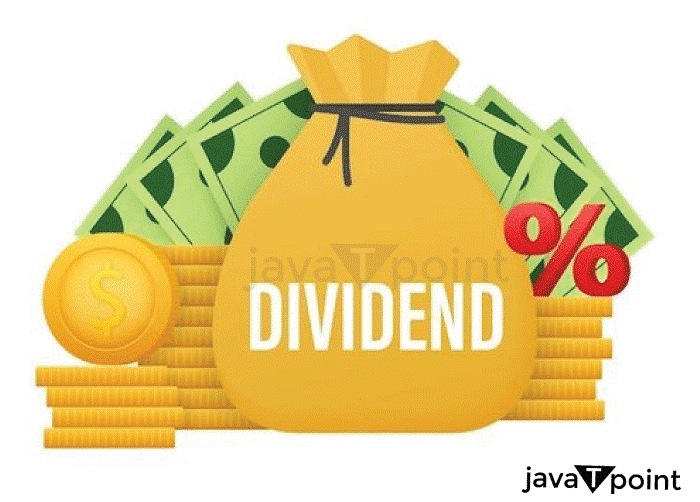Dividend DefinitionA dividend is a portion of a company's earnings that is distributed to its shareholders. It is a way for companies to reward their shareholders for investing in their business and to provide a return on investment. Dividends are usually paid out in cash, but they can also be paid in the form of stock or other assets. The decision to pay a dividend is made by a company's board of directors, and the amount and frequency of the dividend can vary depending on the company's financial performance, capital needs, and other factors. Some companies may pay a regular dividend on a quarterly or annual basis, while others may pay a special dividend only when they have excess cash on hand. 
Dividends can be an important source of income for investors, particularly those who are looking for stable returns and are not interested in speculative investments. Dividends can also be used to reinvest in the company or to buy additional shares, which can help to increase the value of the investor's portfolio over time. There are several different types of dividends, including cash dividends, stock dividends, property dividends, and liquidating dividends. Cash dividends are the most common type and are paid out in cash to shareholders. Stock dividends are paid out in the form of additional shares of stock, while property dividends are paid out in the form of assets such as real estate or other physical assets. Liquidating dividends are paid out when a company is liquidated or sold, and they represent a return of capital to the shareholders. Benefits of Dividend
Drawbacks of Dividends
Dividends are a key component of many investors' portfolios and can provide a reliable source of income and stability. However, investors should carefully consider the risks and benefits of dividend-paying stocks before making any investment decisions, and should always consult with a financial advisor or other qualified professional. Another factor that investors should consider when evaluating dividend-paying stocks is the dividend yield. The dividend yield is a measure of how much a company pays out in dividends relative to its stock price. It is calculated by dividing the annual dividend by the stock price and is expressed as a percentage. A high dividend yield may be attractive to investors who are seeking income, but it can also be a warning sign that the company's stock is undervalued or that its dividend may be unsustainable. Conversely, a low dividend yield may indicate that the company is reinvesting its earnings in growth opportunities, which could lead to higher long-term returns. Investors should also be aware of the tax implications of investing in dividend-paying stocks. In many countries, including the United States, dividends are taxed at a lower rate than ordinary income. This can make dividend-paying stocks a more attractive option for investors who are seeking to minimize their tax liability. It is also important to note that not all companies pay dividends. Some companies may choose to reinvest their earnings in growth opportunities, while others may have insufficient cash flow to support dividend payments. Investors who are interested in dividend-paying stocks should focus on companies with a track record of consistent dividend payments and strong financial performance. Finally, it is worth noting that the decision to pay a dividend is not set in stone. Companies may increase, decrease, or suspend their dividend payments based on a variety of factors, including changes in their financial performance, capital needs, or strategic priorities. As such, investors should regularly monitor their investments and be prepared to adjust their strategies as needed. ConclusionIn summary, dividends are an important component of many investors' portfolios, providing a reliable source of income and stability. However, investors should carefully consider the risks and benefits of dividend-paying stocks before making any investment decisions, and should regularly monitor their investments to ensure they remain aligned with their long-term goals and objectives.
Next TopicTonsillitis Definition
|
 For Videos Join Our Youtube Channel: Join Now
For Videos Join Our Youtube Channel: Join Now
Feedback
- Send your Feedback to [email protected]
Help Others, Please Share










